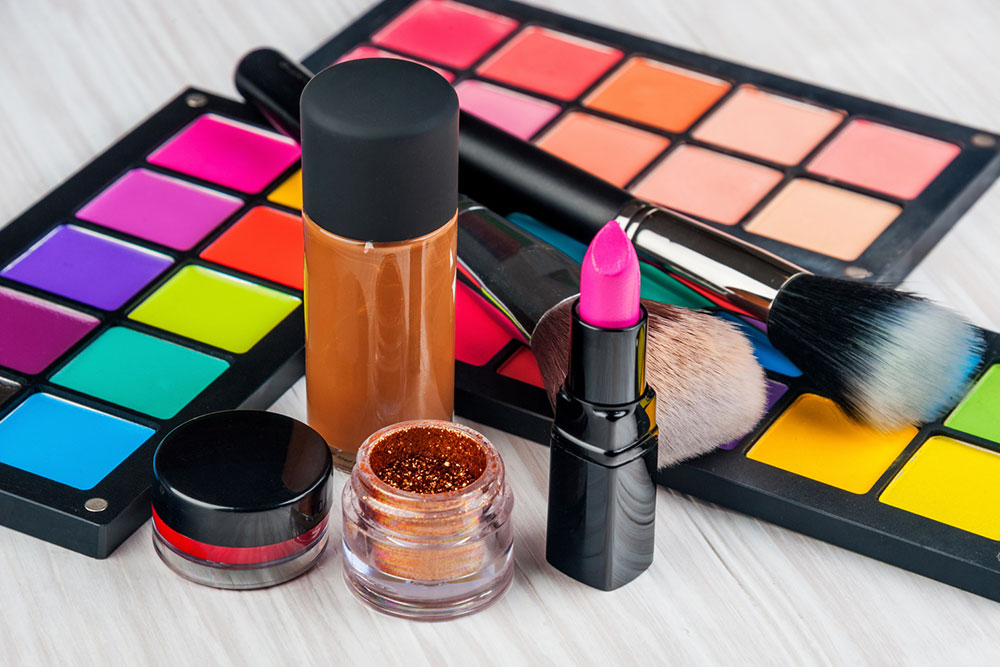10 habits that worsen skin health

As the most visible component of the body, a person’s skin is an accurate reflector of their overall health. People can keep their skin healthy by following certain lifestyle habits such as drinking loads of water, exercising regularly, and getting adequate amounts of sleep every day. On the other hand, certain bad habits can steadily debilitate the skin and make it appear dull and wrinkly. Here are some poor habits that worsen skin health:
Not drinking enough water
A major reason why some people have elastic and soft skin is because they drink lots of water. Drinking water keeps the skin hydrated and adequately moisturized, which indicates that a person has healthy skin. On the other hand, dehydration causes the skin to look dull, less resilient, and dry. Also, drinking less water removes the body’s ability to flush toxins out, causing eventual breakouts and other skin issues.
Ideally, health and skin experts suggest that one must drink at least 3 to 4 liters of water every day without fail.
Skipping broad-spectrum sunscreen
People should use sunscreen while stepping out of their homes on a sunny afternoon or when one is about to be exposed to sun rays for longer periods. Sunscreens (with a minimum SPF of 30) shield the skin against the harsh, skin-debilitating elements of sun rays. Broad-spectrum sunscreens, or ones that shield the skin against UVA and UVB rays, offer the most long-lasting protection. Individuals need to apply a tablespoonful of such creams on their face and other areas of the body exposed to the sun.
Going to bed with makeup on
Cosmetic products contain plenty of chemicals and other artificial skin enhancement components. These elements, combined with the dirt and pollutants that stick to the skin throughout the day when a person stays out, form a potent combo that negatively affects the skin. If a person retains their makeup for extended periods and even while sleeping, they expose themselves to risks such as irritation, possible allergic flare-ups, chemical build-up, clogged pores, and breakouts.
It is ideal to cleanse one’s face properly with water just before taking a nap. This clears the chemicals and opens up blocked skin pores.
Not washing face regularly
Water is not only a quintessential skin healer from a consumption perspective, but also one that the skin surface needs frequently to stay healthy. People must wash their faces regularly to keep dirt, pollutants, and chemicals away from their faces and other exposed skin areas. More importantly, people should not frequently touch their faces with dirty hands. The hands collect dust and dirt from a variety of surfaces, such as staircase railings, elevator buttons, door handles, and others. When a person touches their face with such hands, the dirt gets transferred to their face. This can cause issues such as skin infections and rashes in the long run.
Scratching frequently
Scratching and picking at pimples or dry areas on the skin may offer temporary respite from itching, but these actions damage the skin significantly. Dry patches and pimples result from issues such as oiliness and poor hygiene. Therefore, instead of scratching or attempting to pull out skin pimples and rashes, one needs to clean their face or rub it gently using a wet cloth. Scratching is one of the common habits that worsen the skin health of millions of people around the globe.
Ignoring the neck and chest
It is common for an individual to use skincare products only for the face. This results in areas like the neck and chest being neglected. At some point in their lives, people may have experienced a situation in which the color of the skin on their face is several shades lighter than that on the other areas of their body. This happens due to the accumulation of dirt and dust on areas like the chest and neck, all while the face gleams in sharp contrast to those other skin areas. So, people must use moisturizers and hydrating products uniformly across their bodies. This will make their skin healthier in a more uniform and consistent manner.
Overlooking moles
Moles are a result of oiliness, the accumulation of dead skin cells, and dirt in skin pores. Ignoring them when the moles are in their early stages can result in their growth and the emergence of more moles and spots. If an individual spots a mole that does not dry and goes away within a few days or weeks, they need to consult their local dermatologist for solutions. Moles are not just a skin health issue, but they could point to much bigger issues, such as skin cancer and other infections.
Using skincare products with toxic ingredients
Not every skincare product is useful and effective for every customer. Before purchasing such products, buyers must carefully check and analyze the ingredients within them. If certain ingredients can trigger allergic reactions in them, then it is wise to ignore the products containing them. Even the best ingredients can become toxic when someone is allergic to them. This is why, checking the ingredients list is as important as any other step while purchasing skincare products.
Re-using unclean makeup brushes
After using makeup brushes once, users must wash them with water thoroughly. Ignoring this activity can lead to dirt and dust particles sticking to the brush. They might get transferred to the skin again on the next usage. Cleaning the brush is a basic hygiene-related measure one needs to always take.
Staying up late
Sleep allows the body to reset and the skin to heal or discard dead skin cells and damaged pores. Therefore, healthcare professionals always advise people to get 7 to 8 hours of sleep every day. A compromised sleep cycle can make the skin saggy and wrinkled.







